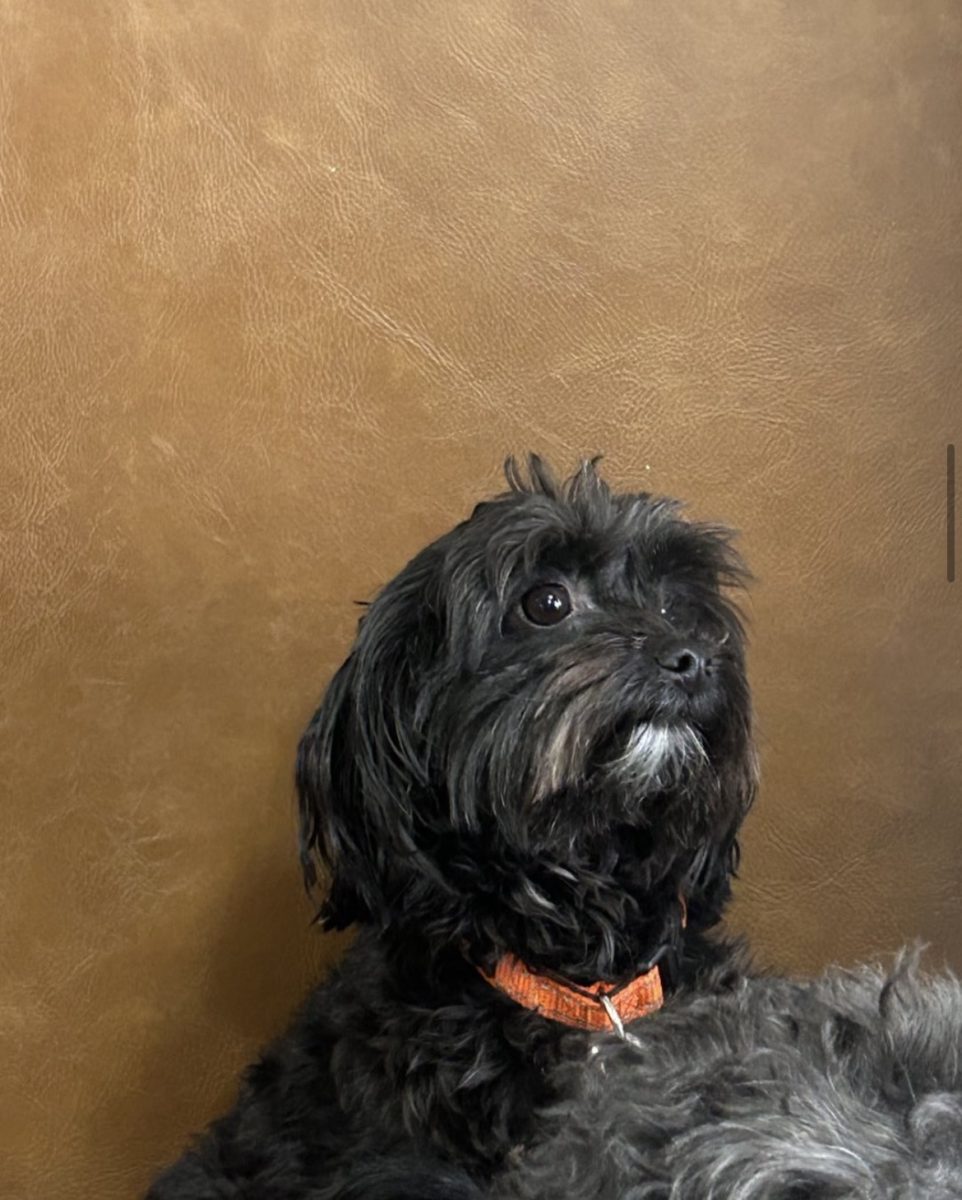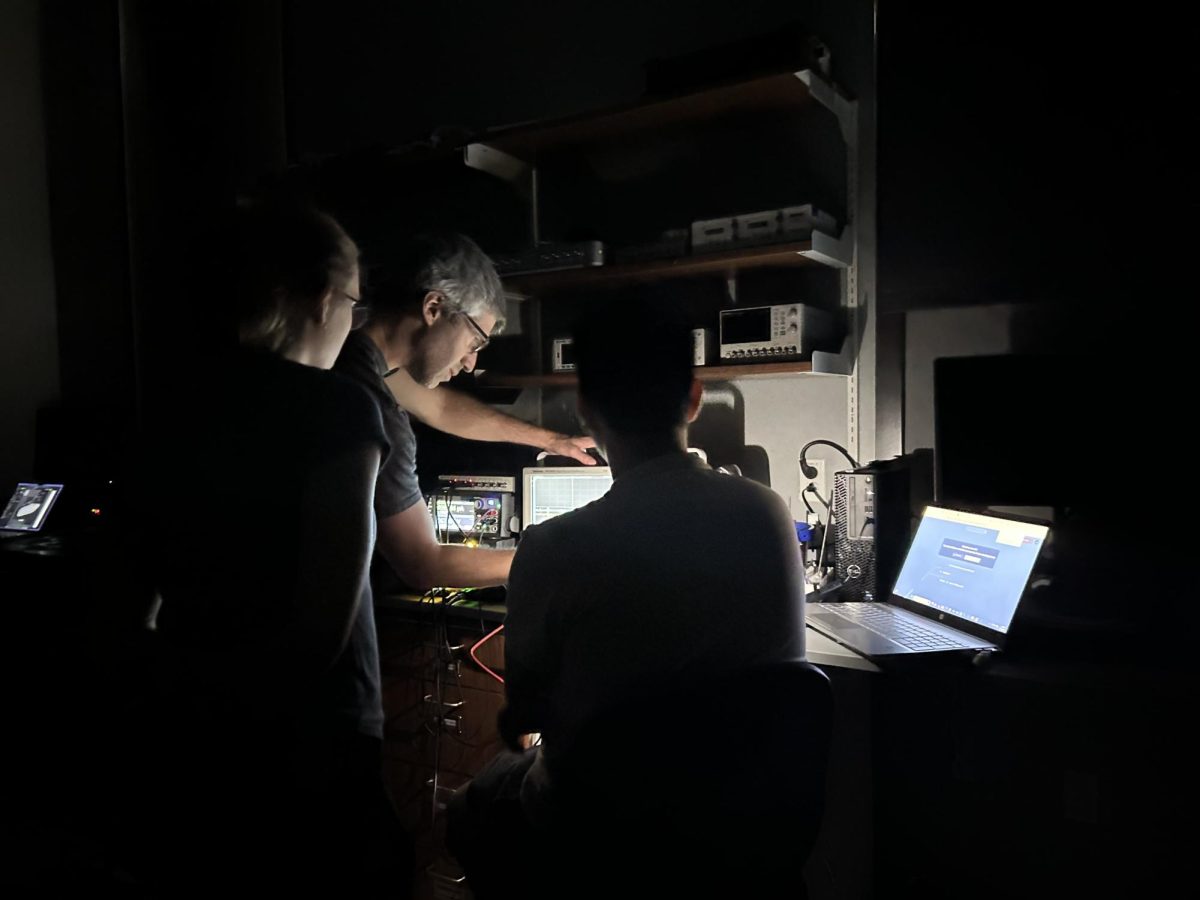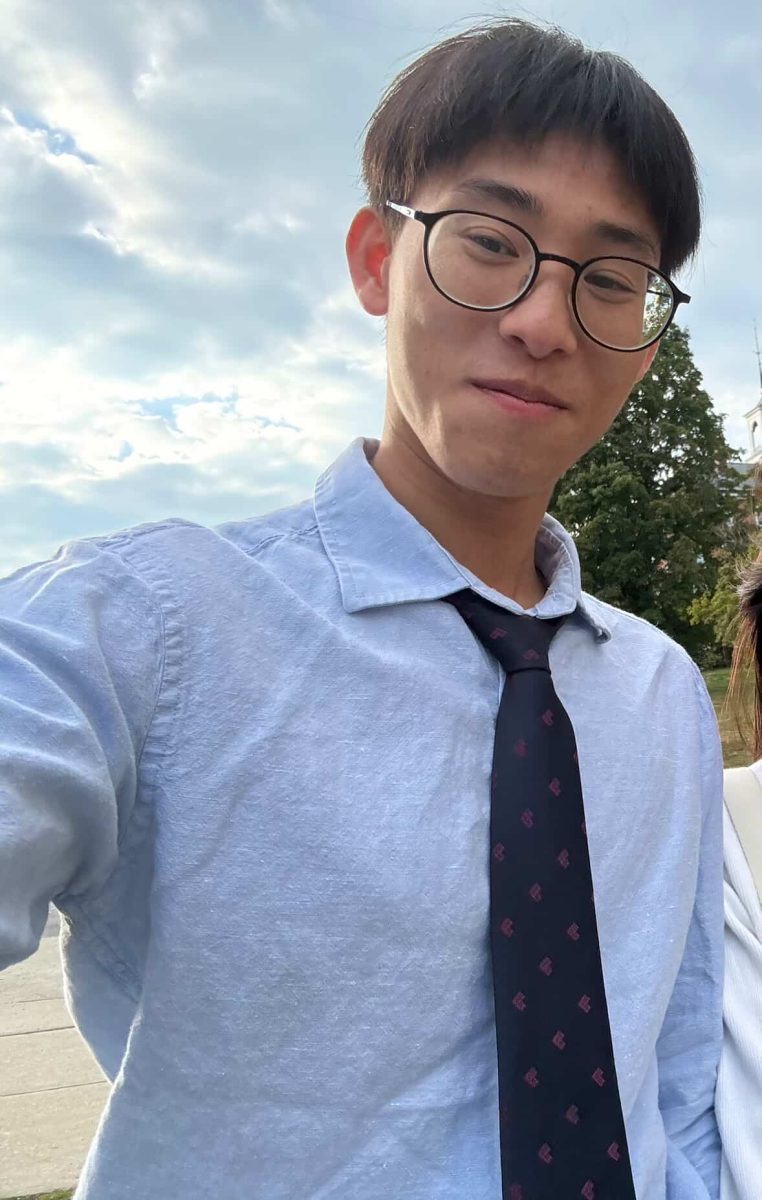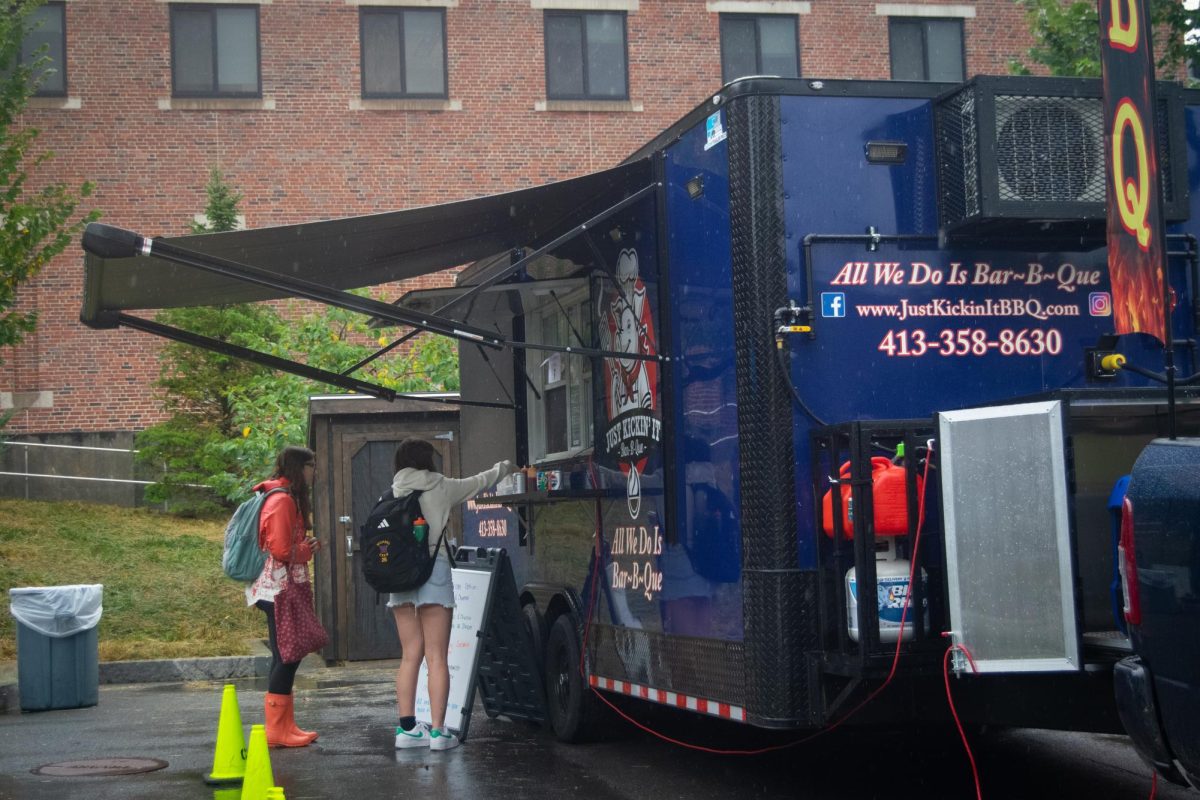
The Americans with Disabilities Act (ADA) requires private colleges to provide disabled students with equal access to education. But what does that mean for the day-to-day reality of students with disabilities at the College?
The College’s Disability Student Union (DSU) was founded in 2020 as a campus chapter of Disability Rights, Education, Activism, and Mentoring, a national organization that supports students with disabilities on college campuses. It became an independent Registered Student Organization in 2021. After a brief period of inactivity in fall 2024, board members started offering programming and events again the following semester.
According to DSU President Diana Elguera Tapia ’28, the club provides a safe space for students at the College who identify as disabled. “Since talking about disabilities is not a common topic found on campus or seen in the campus culture, I found DSU to be a space where I recognize a lot of the conditions I’ve experienced being validated, which I hadn’t found on campus before,” she said.
The club hosts biweekly “DSU and Chill” events where students can eat snacks, do crafts, and discuss disability. It has also recently launched a mentorship program that pairs first-years with older students who have a similar disability. “If you’re just starting out at college, it’s really helpful to have someone to go to,” said DSU Creative Director Reyna Li ’27. “But also, if you’re midway through college and you get diagnosed with something, or you suspect you might have something, and you’re still trying to get a diagnosis, sometimes it’s just helpful to have someone.”
DSU is open to anybody who identifies as disabled, regardless of formal diagnoses or documentation. Li and Tapia noted that their experiences do not encompass the range of disability. Li emphasized the hidden difficulty of obtaining a formal disability diagnosis. “Documentation is tricky, because if you’ve never really gone through the experience, the thought process is like, ‘Oh, maybe something’s wrong. I’m going to make a doctor’s appointment. I will see the doctor, and they will tell me what’s wrong, and then I will go to the school and get accommodations,’” she said. “The reality is, you have to make multiple doctors’ appointments. You might be misdiagnosed, you might be diagnosed with a bunch of things all at once. You have to fight with insurance, and then you have to pay for the appointments.”
She noted that DSU’s lack of documentation requirements helps encourage students who identify as disabled to find support in their group. “The accommodations process is really long, and so, I don’t know if people think that people go around self-diagnosing and then telling everyone they have a particular thing — in my experience, it’s not really true,” Li continued. “My philosophy is if you identify as disabled, it’s a community thing, and I don’t really want to gatekeep it if you have valid symptoms, and you could use the extra support.”
DSU is independent from the Office of Accessible Education (OAE), but the two collaborate, Li said. The board of DSU includes an OAE liaison position.
Tapia said she appreciates the important role the OAE plays on campus. Created in 2016, the office’s mission is to ensure that students with disabilities have equal opportunities to learn and live at the College, according to the OAE website. Tapia noted, however, that the OAE is not an all-encompassing solution for inclusion and accommodation. It is narrowly constrained by its purpose as an instrument of ADA adherence, she said. DSU, on the other hand, adopts a more student-centric approach, offering community support based on individual emotional student needs.
Director of Accessible Education Katy Evans wrote in an email to the Record that the OAE considers both legal compliance and creating a culture of campus inclusion to be priorities. “Accessibility and inclusion is a campus-wide responsibility and there’s always more work to be done,” she wrote. “DSU’s presence and their programming is essential for supporting students with disabilities in ways that our office cannot. We value their work so much!”
Li added that she believes accessibility is not a priority at the College, despite gradual improvements. “Priorities are things that can go on the cover of a newsletter or a magazine, or things that are flashy,” Li said. To Li, accessibility currently seems to be more an administrative duty for the College than an intentional prioritization of students’ well-being. “Disability and accessibility — beyond legal compliance — is just kind of an afterthought,” she said. “It’s like, ‘Oh, we need to do this so we don’t get sued.’ But we’re people, too. Disabled people deserve more than just that.”
Li and Tapia both emphasized that disabilities are not as uncommon at the College as people may think. Evans wrote that in 2024–25, 25 percent of the undergraduate student population received temporary and ongoing accommodations. “I don’t like how people are still acting like disability doesn’t exist or that it’s invisible,” Li said. “You know someone who’s disabled, regardless of whether or not you’re aware about it, and part of it is just that it’s too stigmatized for people to be talking about it.” DSU seeks to reduce this stigma by creating a space where people can talk about living with disabilities and advocate for representation at the College.
Li hopes that students who do not identify as disabled will see disabled students as more than their disability. “Regardless of what your disability status is, it’s never going to hurt to listen and try to be open-minded and not judgmental, and also remember that we’re all human beings at the end of the day,” she said.
“I don’t want your pity,” she continued. “I want your understanding, or your attempt at understanding.”








